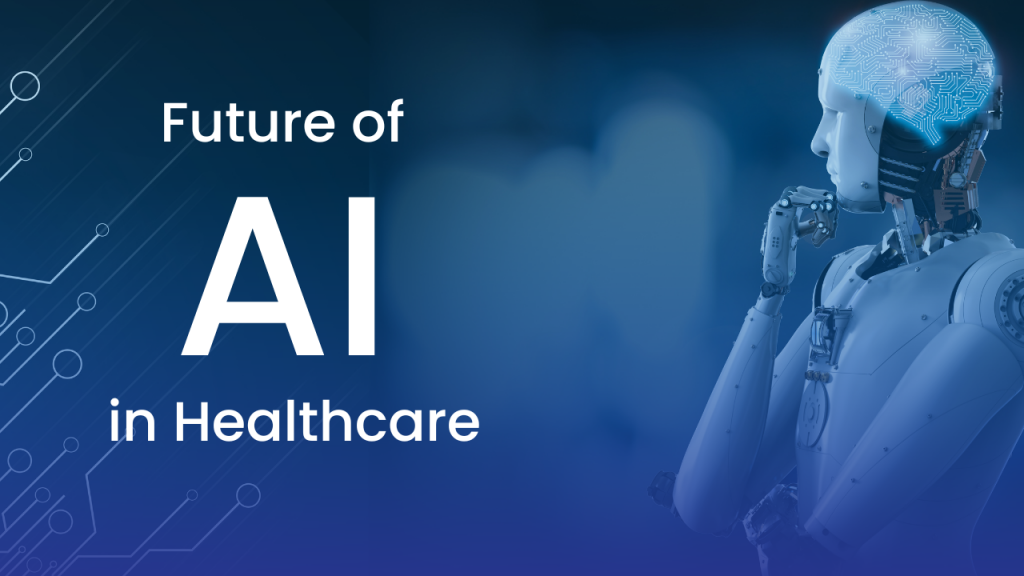
AI’s Evolving Role in Healthcare: A Glimpse into the FutureAI’s Evolving Role in Healthcare: A Glimpse into the Future In the rapidly evolving landscape of healthcare, Artificial Intelligence (AI) is emerging as a transformative force, revolutionizing the way we diagnose, treat, and manage diseases. As AI technologies continue to advance, their impact on healthcare is poised to become even more profound in the years to come. Precision Medicine: One of the most significant applications of AI in healthcare is in the development of precision medicine. By analyzing vast amounts of patient data, including genetic information, lifestyle factors, and medical records, AI algorithms can identify patterns and predict individual patient outcomes. This information can guide personalized treatment plans that are tailored to the specific needs of each patient, leading to improved efficacy and reduced adverse effects. Disease Diagnosis and Prediction: AI-powered systems have shown impressive accuracy in diagnosing diseases and predicting their progression. Deep learning algorithms can analyze medical images, such as MRI scans and X-rays, to identify abnormalities and detect signs of disease even before symptoms appear. This enables early intervention and improves the chances of successful treatment. Drug Discovery and Development: AI is accelerating the drug discovery and development process. By utilizing machine learning techniques, researchers can screen millions of compounds simultaneously to identify potential drug candidates. AI algorithms can also predict the toxicity and side effects of new drugs, enhancing patient safety. Virtual Health and Telemedicine: AI-powered chatbots and virtual assistants are transforming the way patients access healthcare. These tools can provide remote consultations, triage symptoms, and connect patients with healthcare professionals. This makes it easier for patients to receive care from the comfort of their own homes, particularly in underserved areas. Personalized Care Planning: AI can assist healthcare providers in developing comprehensive and personalized care plans for their patients. By integrating data from various sources, AI algorithms can identify risk factors, optimize medication adherence, and recommend lifestyle changes that support patient well-being. Future Directions: As AI technologies continue to evolve, their impact on healthcare is expected to grow even more significant. We can anticipate: * AI-driven medical devices: Implantable devices and wearables that utilize AI to monitor patient health and deliver personalized treatment interventions. * AI-supported surgery: Robots assisted by AI that perform surgeries with greater precision and reduced invasive procedures. * AI-powered health surveillance: Systems that monitor populations for health threats and predict outbreaks to intervene early and prevent epidemics. Conclusion: AI’s influence on healthcare is undeniable and will continue to reshape the industry for years to come. By leveraging the power of AI, we can improve patient outcomes, reduce healthcare costs, and empower individuals to take a more active role in their own health. As AI technologies advance, the future of healthcare holds endless possibilities for improving human health and well-being.
Posted inNews